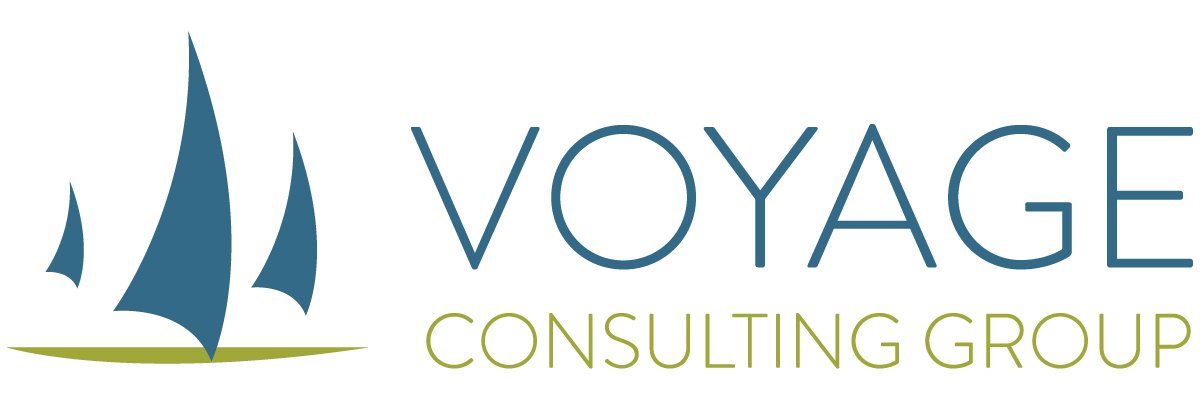
OBSERVATIONS
The Corporate Brian Kelly’s: What Business can Learn from LSU’s Costly Lesson
🏈 As Louisiana State University begins repairing the damage from the Brian Kelly coaching era, it’s clear the impact goes beyond the football field.
There were losses in the locker room, and there are losses in the ledger. LSU owes more than $50 million to buy out his contract. That’s not just a football expense. It’s the price of misplaced trust.
😩 Corporate America has its own “Brian Kellys.”

